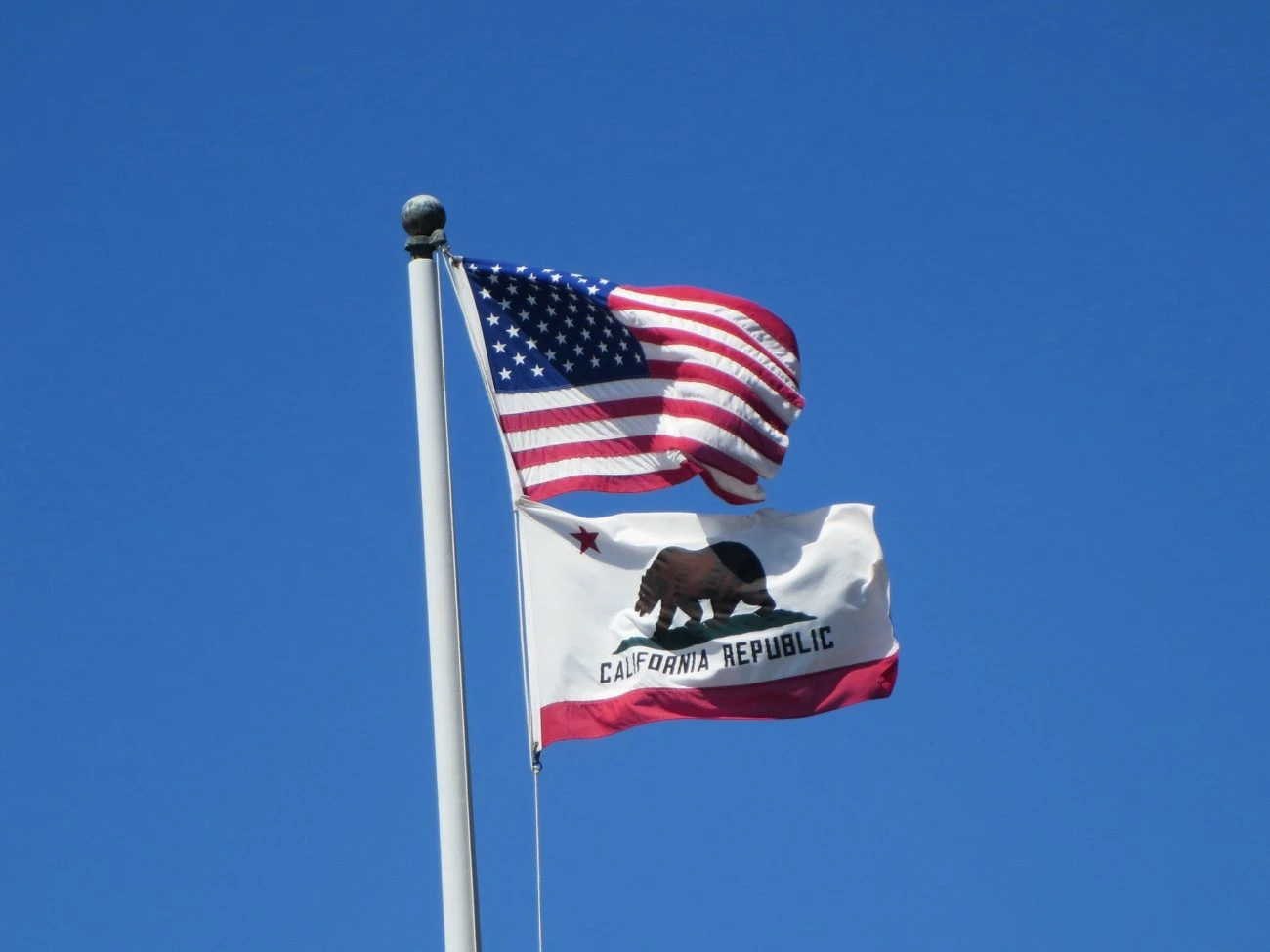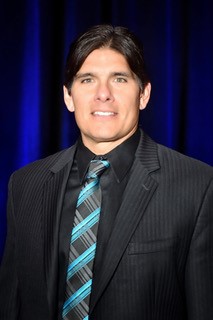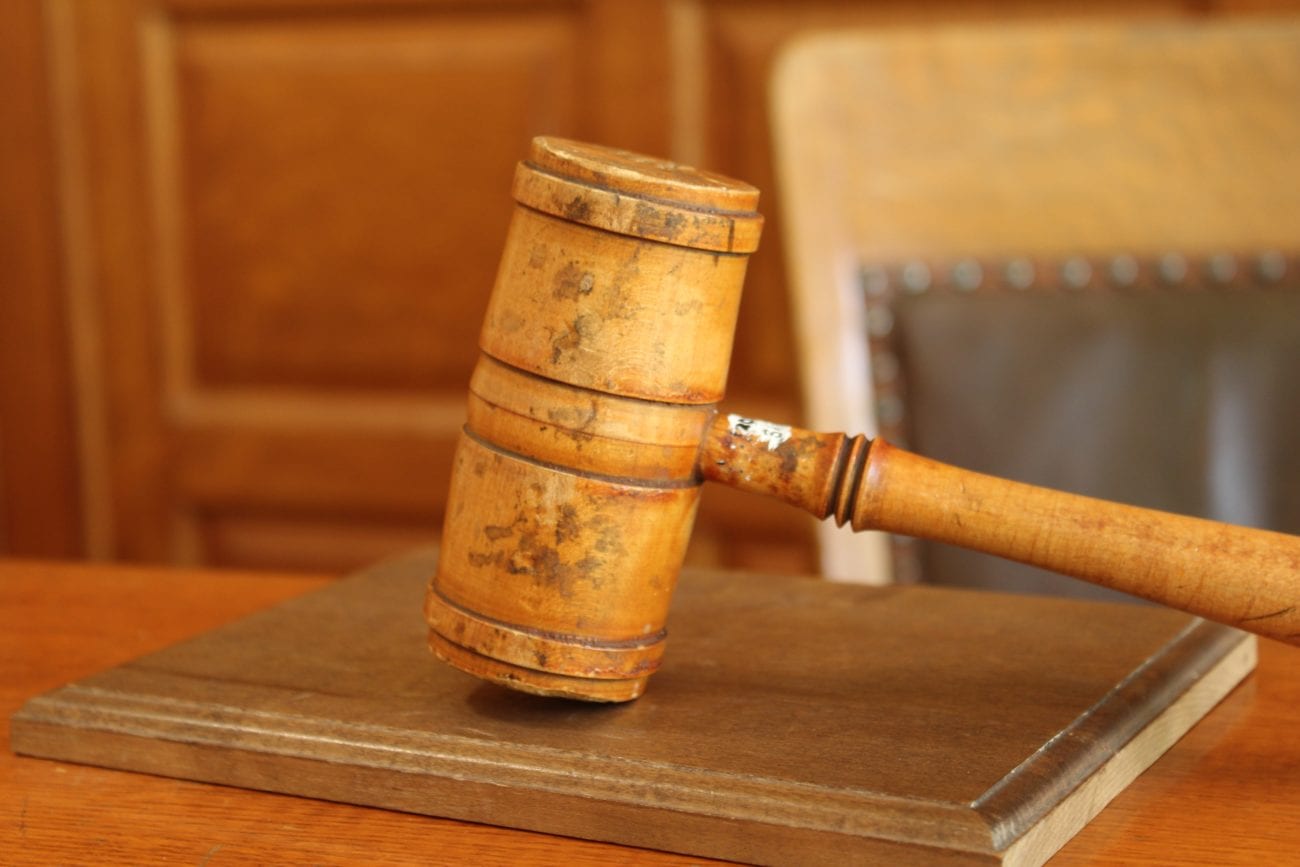IGA executive director confident of California sports betting with tribal help

Another attempt to legalise sports betting in California failed in January after two ballots aiming to grant tribes exclusive rights were scrapped following fierce tribal opposition in the state.
Eagle1 Acquisitions Corp, the group of backers for a proposition to legalise sports betting in California, had made several amendments to its ballot initiative in December in a bid to gain increased tribal support, however the efforts ultimately failed.
In response, the California Nations Indian Gaming Association (CNIGA) stated the failure should serve as a warning against future attempts to legalise sports betting in the state without tribal involvement.

However, Giles believes there could be more success when the next chance to launch a legalisation effort comes around in 2026, pointing to the 2027 Super Bowl in Los Angeles as a key reason to get a sports betting bill over the line before then.
“There is most certainly a path to online sports betting in California – and it starts with the tribes,” Giles told iGB ahead of the Indian Gaming Tradeshow and Convention, set to be hosted at the Anaheim Convention Centre in California between 8-11 April. “I don’t think it is inevitable as some people have said recently, but we are seeing positive signs, such as the decision by FanDuel and DraftKings to engage with us at our trade show in Anaheim.
“We are not putting a timescale on when tribes will exercise their sovereign authority and look for that path forward with the state, commercial gaming and the tribal community. It is more important to put measures in place that maintain the sustainability of our communities and the tribal gaming industry.”
2023 a crucial year for tribal sovereignty
The year 2023 proved to be key in the tribal nations’ fight for sovereignty in the US as state governments looked to increase their control over Indian country.
Tribes earned a key victory during the summer as a federal appeals court reinstated a compact between the state of Florida and the Seminole tribe, effectively creating a tribal monopoly in the state for statewide mobile sports betting.
In September, the full US Court of Appeals for the District of Columbia opted against rehearing that case, and the Seminole tribe relaunched mobile betting in Florida in November with its operator Hard Rock Bet. The Florida Supreme Court then rejected a motion from pari-mutuel betting operator West Flagler Associates to suspend Hard Rock Bet.
Tribes then received another big boost in February 2024 as the Department of the Interior (DOI) announced updated federal regulations, similar to those seen in Florida, that boost the “clarity and transparency” of Indian gaming compacts.
Giles hailed the impact of the DOI’s move, stating: “We are pleased that the Biden-Harris administration is demonstrating commitment to Indian country. We’re also very hopeful that they will provide a strong platform for business growth.
“Indian Country is stronger than ever and will, through our tribal leadership, continue to defend the rights of tribal communities.”
The future of tribal gaming
The National Indian Gaming Commission’s annual report showed revenues in 2022 rose 4.9% to $40.9bn (£33.0bn/€38.2bn). That $1.9bn year-on-year gain is the highest ever recorded.
Tribal gaming has certainly bounced back from the impacts of the Covid-19 pandemic, setting the sector up for a prosperous future.
Giles is confident tribal gaming will continue to fare well, while outlining it will work with those who respect its values and offer new ideas.
“Tribal gaming will remain strong through a robust regulatory framework and by taking a sustainable, long-term approach to the industry’s future,” Giles added.
“Tribal communities are open for business and open to new ideas and innovation. We are looking to work with companies who not only understand Indian Country, but who can bring new ideas and new technologies so that we can continue to offer world-class experiences for customers.”
Tribal protection
Despite the continued strength of the Indian gaming sector, fears are still lingering over politicians and other commercial gaming interests looking to get in on the tribal success.
For Giles, however, he is steadfast in his confidence that tribal gaming will continue to fend off its competitors, as long as the community works together.
“Protection will be at its strongest if tribes remain united against anyone who seeks to undermine tribal sovereignty,” Giles continued. “The tribal gaming industry is very successful and has built a highly sustainable industry.
“That isn’t to say that we are not interested in speaking to these companies and their representatives. I firmly believe that a co-operative approach borne out of a respect for our tribal governments and institutions will be beneficial to everyone.”

